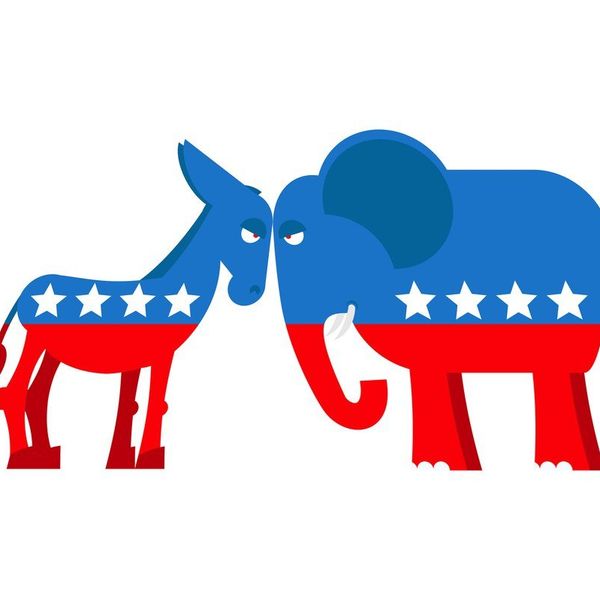Globalization. At this word people either cringe in resentment, nod in complete approval, or keep their composure knowing that “it” has both pros and cons. In the context of economy, globalization has “raised” the poverty line—however, it has not alleviated the “poor” because daily costs of living have increased alongside the poverty line being raised.
The synonymous increase of cost is in due to negative greed for wealth by businesses and individuals. It is also due to the negative effect of local businesses and industries being driven out of the market because of “lower” costing imports. (However, it is important to note that capitalism and businesses (both big and small) are not all evil. Negative greed and unethical practices are the issues.)
The problem with globalization is that once the local industries and businesses are driven out, they import businesses who then charge whatever price desired. Not only is a local economy destroyed by this, but so is the quality of life. An example of this is the milk industry in the Bahamas and Jamaica. Imported dry-powdered milk was sold cheaper than local farm fresh milk. The result was the closing of the dairy farms, the collapse of a local industry, the unemployment of hundreds of people, and the slaughtering of cattle because the local dairy economy could not compete with the cheap, less nutrient “milk”.
With the undercutting and dismantling of local economies and industries in "third world" countries resulting from globalization, most of these countries have been left worse off than before the introduction of “globalization”. While globalization has led to many great advances around thee world, much of the benefits have come at the expense of the third world countries.
Understanding the true costs of globalization, both developed and underdeveloped countries are put in an uncomfortable bind. Being tainted and propelled by people who can make choices to "sin" in transactions and dealings, the developed states and corrupted “leaders” of the underdeveloped states hold a fragile “relationship”. This “relationship” is one where corruption results in “strong arming” the less influential underdeveloped countries into “agreements” and systems that usually keep the “poor” in poverty. This practice is clearly unjust and damaging.
Bishop Niringiye’s challenge addressing the rich about their greed, not the poor about poverty is a great conversation starter—however it is insufficient. The truth is both have to be addressed because it is like a garden. One cannot just pull the weeds out and expect the garden to prosper. Neither can one just water the garden reap a harvest (of a more just system). The garden must be both watered and weeded together in order for it to be successful. In order to move forward in cannot continue to be an “us” and “them” (whether poor, rich, third world, first world, etc.) identification nor argument. The identity must become “we” and “our”.
Bottom line—poverty is universal. Whether it be physical, financial, material, spiritual, relational, or intellectual, it is a chronic disease among people. This pandemic feeds into each of these realms and deepens the injustice. This however does not have to continue.
Check out this provoking documentary, Life and Debt.



















